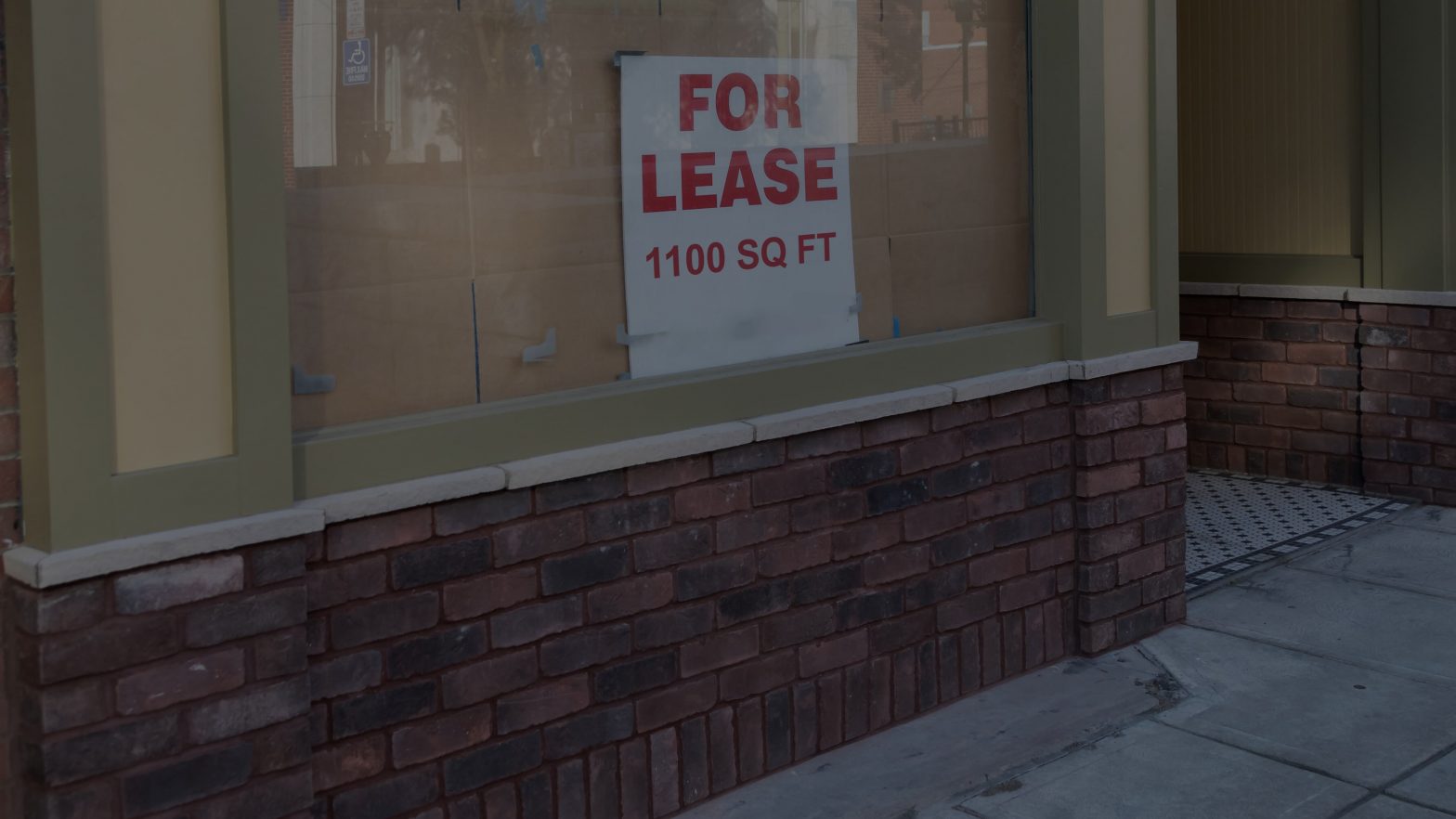Security of Tenure

Do you have a right of security of tenure?
At the end of the lease term, a tenant may consider whether they can stay at the tenanted premises. If the Lease is not contracted out of the Security of Tenure provisions under the Landlord and Tenant Act 1954, the answer to this question is YES.
The next question a tenant may ask is, ‘how?’. So, the 1954 Landlord and Tenant Act (the 1954 Act) gives the right of security to tenure to tenants. This is the right given to the Tenant so that the Tenant can stay at the property even after the expiration of lease term. However, the twist to this that this right of security of tenure is applicable only for business tenancies. This right allows tenants to apply for a new tenancy on similar terms as the current tenancy when it comes an end.
To benefit from the 1954 act, the tenant must be in occupation of the premises and the business must be carried out at the premises. This right does not protect tenancies which have been ‘contracted out’, fixed term tenancies which have less than 6 months term unless there are renewal provisions or the tenant has already occupied the premises for more than 12 months.
The scheme behind this is to protect the business which has invested heavily in the building or has precious goodwill at the premises.
What’s next when the lease term comes to an end?
If the lease has expired, it does not mean that the tenant has to vacate the premises. It actually comes to an end if tenant formally gives up the tenancy OR when the landlord serves a notice to the tenant to bring the tenancy to an end. The landlord has to serve notice quoting the reasons as specified in the 1954 Act. Most common reasons are:
- The Landlord wishes to use the premises for his personal use
- The Landlord wants to redevelop the premises
- The Tenant has not been paying the rent
- There is a subsisting breach of covenant mentioned in the lease
If the landlord is not able to prove the reason quoted in the notice, the tenant can continue with the tenancy entitling the new lease on the same terms as the previous one. Alternatively, compensation can be offered by the landlord to the tenant.
The other option is that either party can apply to the Court within a prescribed time frame by which the tenancy can be terminated or a new tenancy can be applied. This way is usually selected by the tenant to request the court to get a new tenancy on the same terms. Also, a joint application can be made in the court for an order to validate for the tenant that he has waived off his right to security of tenant. However, his process is expensive and time consuming.
At Askews Legal LLP, we have a dedicated team of specialists in the Commercial Property department to deal with commercial property issues. For further advice or to obtain a quote, please contact Mr. Kuljeet Sandhu, Head of Commercial Property at Askews Legal LLP.









